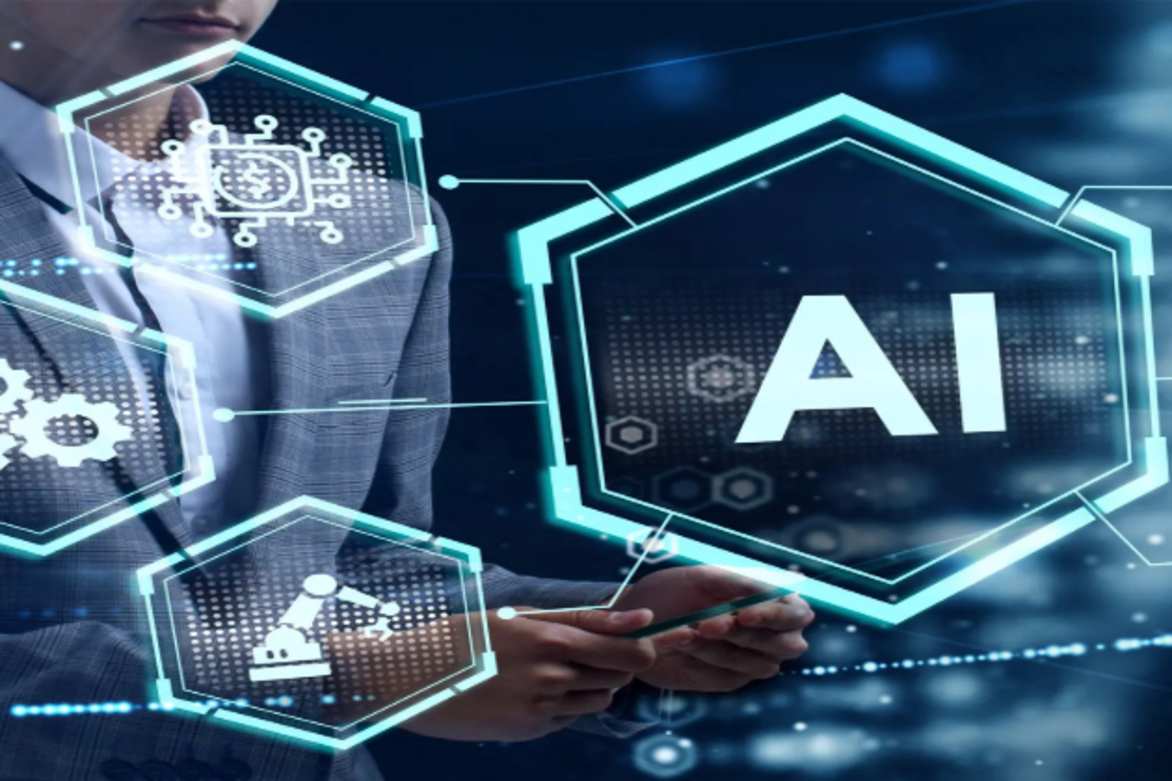New Ireland panel to probe AI effects on health, education, and more
Robert Besser
14 May 2025

DUBLIN, Ireland: With artificial intelligence rapidly reshaping industries worldwide, Ireland has established a new Oireachtas committee to examine the impact of AI on various sectors of Irish life, including healthcare, education, agriculture, and transport.
Fianna Fail TD Malcolm Byrne, appointed as chair of the Oireachtas AI Committee, said the group will explore both the opportunities and risks associated with AI. "We'll obviously be looking at safety measures to be put in place," Byrne said in an interview with BreakingNews.ie. "But equally, we will focus on how companies and social enterprises can use AI to deliver public services more efficiently and effectively."
While concerns grow over potential job losses due to AI, Byrne emphasized the potential for new job creation. "Yes, there will be displacement in the labor market," he acknowledged. "Some jobs will no longer exist, but many more will be created. It's crucial we look at how to prepare people — through reskilling and upskilling — to take advantage of the opportunities that AI will bring."
The committee will also examine ethical frameworks for AI, particularly in education. "There's a major debate in education around academic integrity, particularly concerning exams and assessments, and when AI should or shouldn't be used," Byrne said. "Students are already using large language models like ChatGPT, but they may not fully understand the ethical implications."
Data privacy will be another key area of focus. "GDPR is very important. It reflects European values about protecting citizens' data," Byrne said, adding that he has concerns about platforms like DeepSeek and R1, where user data could end up on servers in China. "There are real concerns, for example, about how the Chinese Communist Party is using AI — including to spy on its own citizens."
Byrne also advocated for public information campaigns to educate citizens on AI. "We need campaigns explaining what an algorithm is, how recommender systems work, how to detect a deepfake, and where to verify if something is a deepfake," he said.
As AI continues to evolve, Byrne emphasized the importance of adapting educational systems to incorporate AI responsibly. "The challenge for the education system is to look at how we can adapt this new technology to improve learning outcomes. There is huge potential for AI to tailor learning to individual needs because we all learn differently."
Despite potential risks, Byrne reiterated that banning AI is not the solution. "The solution is to set out ground rules for where and when AI can be used and to provide an ethical framework," he said. "AI isn't going away — the key is to prepare for it responsibly."
